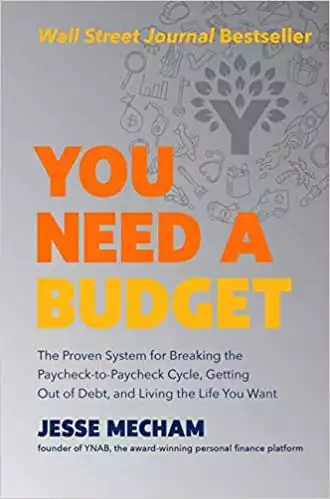We may receive compensation when you click on links to products from our partners. For more information, please see our disclosure policy.
We live in an age of startups where every other person with a half-decent idea is trying to become the new Mark Zuckerberg or Pierre Omidyar or Jeff Bezos. In many cases, startups do not have too much money to throw around, especially in their early days. Because of this, they have come to a solution where they offer stock options to new employees as a way of compensating them for the work they do.
As someone looking for a job, you might have already encountered this but did not know how to respond or what questions to ask. Since stock options are quite a complex issue, there is plenty to factor in and the questions you will find below are a great start. Without getting the right answers to these questions, it is probably best to avoid such an employer.
Inquire about the company’s future
Before anything else, you need to know that your potential employer has a clear plan to succeed. Any fool can have an idea and scrounge up some money to register as a C corporation. They need to convince you that the shares you will be granted will actually have value down the line. In order for this to happen, their startup needs to succeed. If they are being iffy with providing proof (analyses and projections), they are hiding something.
Inquire about the percentages
Do not get fooled by your employer simply stating the number of shares that you will be getting. The number means nothing. Only in relation to the overall number of shares does it make sense. Also, make sure to inquire about the percentage your stocks will be worth once the stocks are “fully diluted”, meaning when everyone has had their share. It might also be a good idea to find out how long the “option pool” will be lasting and how much longer will the stocks keep being diluted.
Inquire about future options
Many companies continue to grant further stock options to employees who have proved their worth. Not all companies practice granting additional options and it is always a good thing when your potential employer has a plan in place where they will provide additional options grants periodically. This is another indicator that they expect the company to perform well.
Inquire about the Company’s funding
You’d think that the more money the company has raised, the better off you are. It indicates a strong company with a bright future. Well, things are not that simple. When startups raise money from investors, those investors become owners of preferred stock. There are a number of different types of preferred stock, but in all cases, the holders of these stocks will be paid before you see any money in the case of an exit. Keep in mind that there can be a few rounds of investments, making your payout further and further away.
Inquire about the exercise price
You should never accept any stock options unless the employer is ready to define (in writing) the exercise price of your initial options. This should be part of your Stock Option Agreement, as well as the Offer Letter. Do not fall for the common trick where they tell you that exercise price will be later defined according to the company’s fair market value down the road.
Closing Word
These are just some of the basic inquiries that you should make before you accept any stock options as a way of compensation for your work. You should probably learn more about this by reading up on business articles and talking to professionals from the tax, accounting, and legal fields. The most important thing to take from this is never to rush into anything.
Experience a life free of financial stress and transform your relationship to money with this indispensable guide—the first book based on You Need A Budget’s proven method that has helped hundreds of thousands of people break the paycheck to paycheck cycle, get out of debt, and live the life they want to live.




